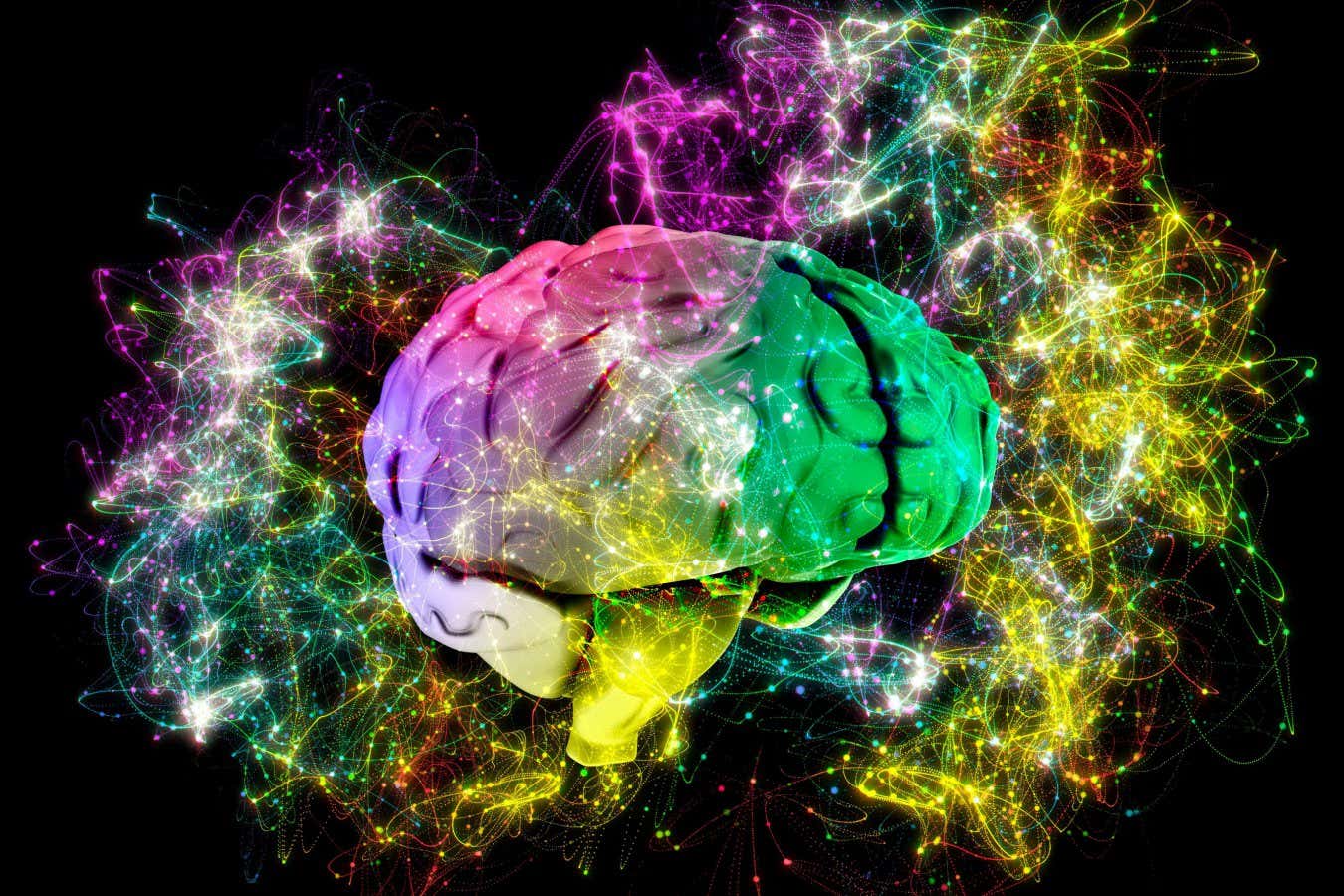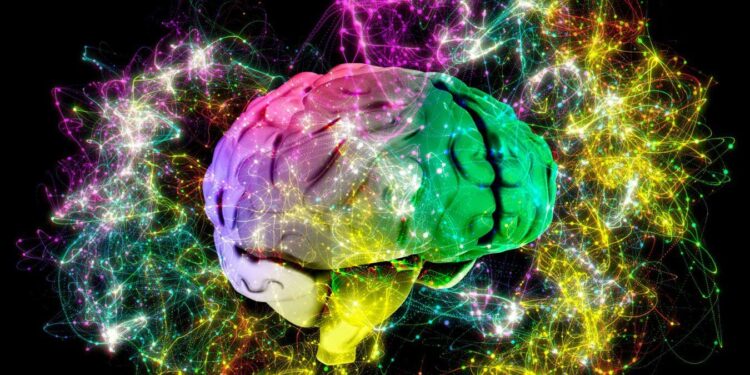
Can psychedelics help treat generalised anxiety disorder?
Science Photo Library/Alamy
A single dose of the psychedelic drug LSD seems to reduce anxiety without lasting side effects.
“Ours is the first modern trial to look specifically at LSD, or any psychedelic, for generalised anxiety disorder,” says Dan Karlin at biotech company MindMed in New York.
The condition is characterised by excessive worry about a broad range of things, such as work and relationships. First-line treatment includes mood-enhancing drugs, like selective serotonin reuptake inhibitors (SSRIs) and other antidepressants, and talking therapies.
But about half of people don’t respond to such treatments. “For a lot of people, SSRIs are not very effective, they have intolerable side effects [such as feeling emotionally numb] because people have to take them on a daily basis, and they only work while you’re taking them,” says Karlin.
Previous studies have suggested that LSD may be an alternative. The psychedelic is often used recreationally for its mind-altering, hallucinogenic effects. Karlin says it is thought to act by increasing levels of the mood-boosting chemical serotonin in the brain, which some people say induces a profound emotional experience in them. He adds that it may also enhance the brain’s ability to rewire itself and form new thought patterns.
But until now, no trial comparing people taking LSD with others taking placebo pills has explored whether the substance can benefit those with generalised anxiety disorder.
To fill this gap, Karlin and his colleagues recruited 198 adults with the condition. The participants slowly tapered off any anxiety medications they had been using, but those who were receiving psychotherapy continued with their sessions.
In a survey commonly used in clinics, the participants then rated the severity of each of 14 symptoms, such as feeling worried, tense or struggling to focus, on a scale of 0 to 4. Out of a maximum total score of 56, the participants scored 30, on average, above the threshold of 24 for severe anxiety.
Next, the team randomly split the participants into five groups that either took LSD – at various doses of 25, 50, 100 or 200 micrograms – or placebo pills, without being told which they were given. A day later, those who had received 100 and 200 microgram doses, but not the other groups, already reported an improvement in symptoms, says Karlin.
A month later, those who had received the 100 and 200 microgram doses experienced an average 21 and 19 point reduction in anxiety, respectively, with the improvement sustained until the end of the study, three months after the dosing day. About 46 per cent of these participants went into remission.
Meanwhile, those taking the placebo and the two lower doses saw between a 14 and 17 point reduction in anxiety over the same period, with about 20 per cent going into remission. This suggests the lower doses provided no additional relief beyond the placebo.
The benefit seen by the two highest dose groups is a substantial improvement above the placebo, says Sunjeev Kamboj at University College London. “That’s a clinically meaningful improvement in terms of impairment and distress,” he says.
The improvement in the placebo group, a phenomenon commonly seen in anxiety trials, probably resulted from a mixture of factors, such as people feeling attended to and cared for as part of the trial, says Kamboj.
The team found that most participants could accurately guess whether they had taken LSD or the placebo. This is common with psychedelics because they have hallucinogenic side effects for many people. In all the groups, some participants also experienced nausea and headaches in the 12 hours after treatment.
Those on lower doses of LSD and on the placebo experienced changes in visual perception like hallucinations at far lower rates than those on the higher doses of the psychedelic. This makes it hard to tell whether the LSD-related benefits were due to a person’s expectations based on the effects they felt or the direct effects of the drug on the brain, says Kamboj.
Despite this caveat, the study provides some of the best evidence to date that LSD could be a useful treatment for anxiety, he says. “It’s a very promising finding that you can get a very rapid effect in symptom reduction, that would be extremely meaningful to patients.”
The results are promising enough that the US Food and Drug Administration has designated MindMed’s LSD formulation as a Breakthrough Therapy, which expedites the process for drug development. Karlin says the team is carrying out larger trials that will track benefits beyond three months, with results expected in the next couple of years.
Topics:
Source link : https://www.newscientist.com/article/2495132-a-single-dose-of-lsd-seems-to-reduce-anxiety/?utm_campaign=RSS%7CNSNS&utm_source=NSNS&utm_medium=RSS&utm_content=home
Author :
Publish date : 2025-09-04 16:00:00
Copyright for syndicated content belongs to the linked Source.





